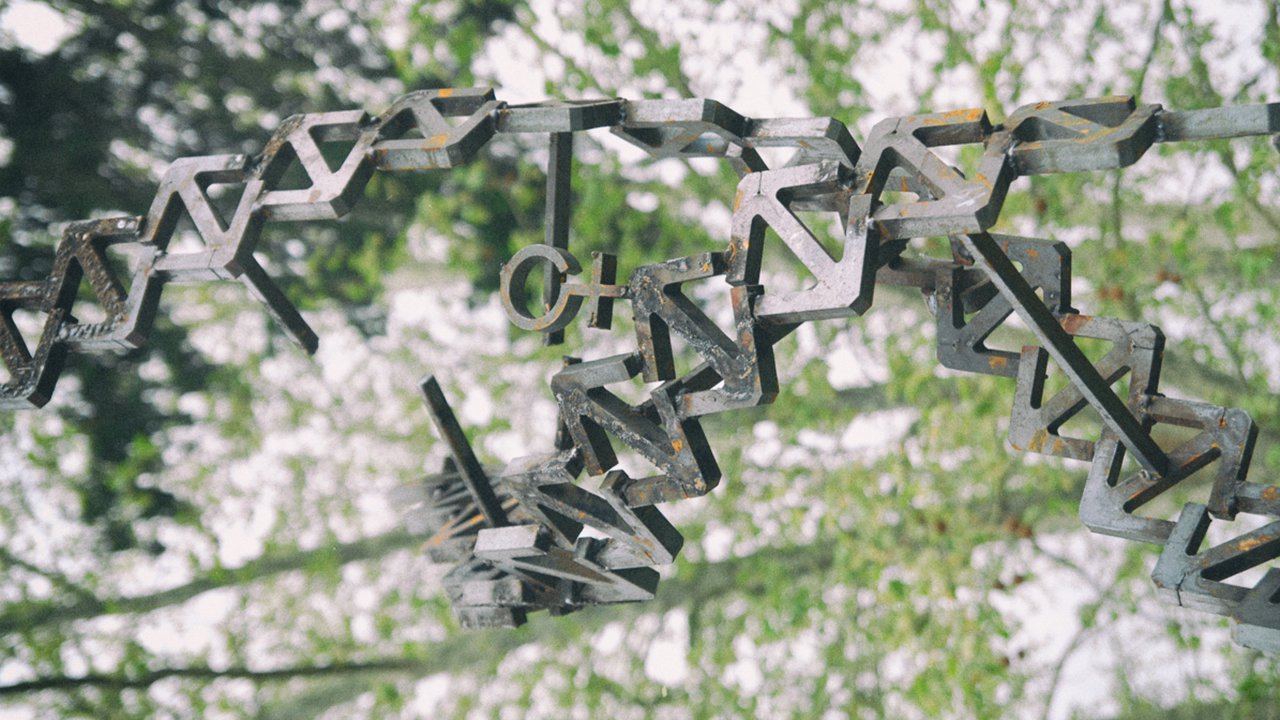Microsoft wants to store data in DNA
Forget magnetic or optical media, DNA will soon be where it's at

When it comes to storage, there are many different mediums, but Microsoft has taken a bold step on this front with plans to store data in DNA.
That doesn't mean we are about to see hard drives or SSDs inside our PCs get replaced by lumps of 'meat', because these are just the very first steps Redmond is taking, and the goal here is long-term storage and archiving.
Microsoft has purchased ten million strands of DNA (long oligonucleotides) from Twist Bioscience, and as a medium it has the potential to far outlast current long-term storage media – DNA has a shelf life of up to two thousand years according to some recent research.
Twist can write data to strings of DNA, although the downside for the customer is reading the data which as Ars Technica reports is a far clunkier process than with typical storage media, requiring genetic sequencing to be undertaken.
While that used to be prohibitively expensive, the costs have now dropped massively, and Emily Leproust, CEO of Twist, notes that they are "continuously decreasing".
Leproust commented: "Our silicon-based DNA synthesis platform offers unmatched scale and product quality that vastly accelerates the ability to write DNA at a cost enabling data storage."
Storming success
Microsoft observed that initial testing with Twist showed a 100% success level when encoding and recovering data from synthetic DNA, and said that this method would mean a huge leap forward in terms of the density and durability of data storage in the future.
Sign up to the TechRadar Pro newsletter to get all the top news, opinion, features and guidance your business needs to succeed!
At the same time, Redmond noted that we are still years away from a solution which is commercially viable.
This is an important development because current optical and magnetic storage media will soon struggle to cope with the massively increasing amounts of data being generated across the globe.
Which is exactly why Microsoft is getting excited about a DNA solution which offers far more longevity and massive space savings to boot – a single gram of DNA can store almost a zettabyte (a trillion gigabytes) of data.
Darren is a freelancer writing news and features for TechRadar (and occasionally T3) across a broad range of computing topics including CPUs, GPUs, various other hardware, VPNs, antivirus and more. He has written about tech for the best part of three decades, and writes books in his spare time (his debut novel - 'I Know What You Did Last Supper' - was published by Hachette UK in 2013).